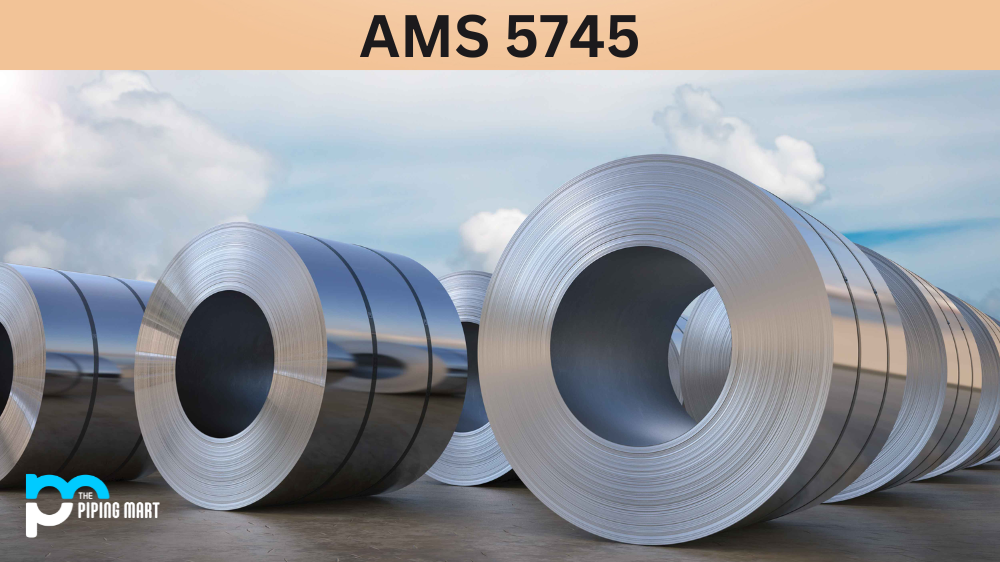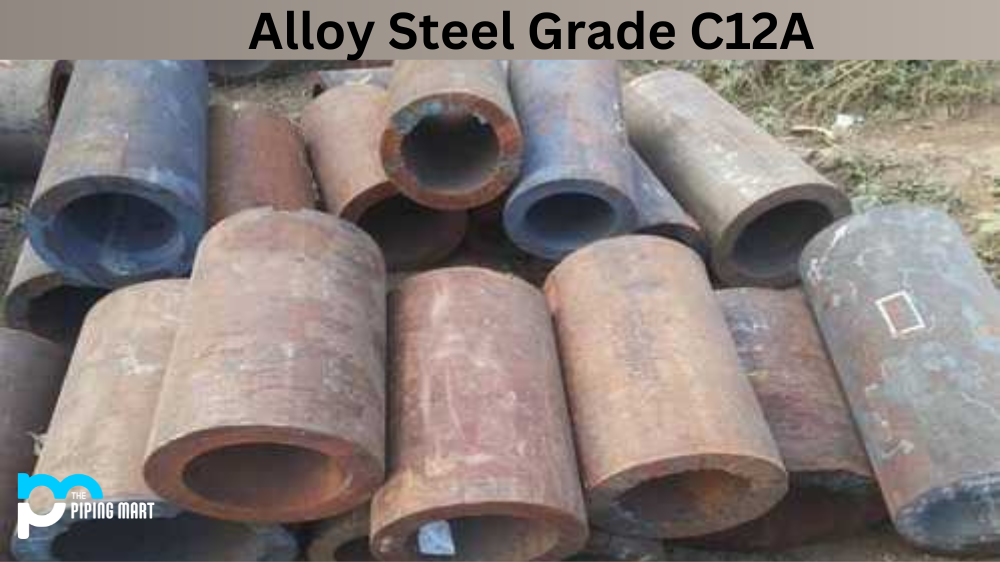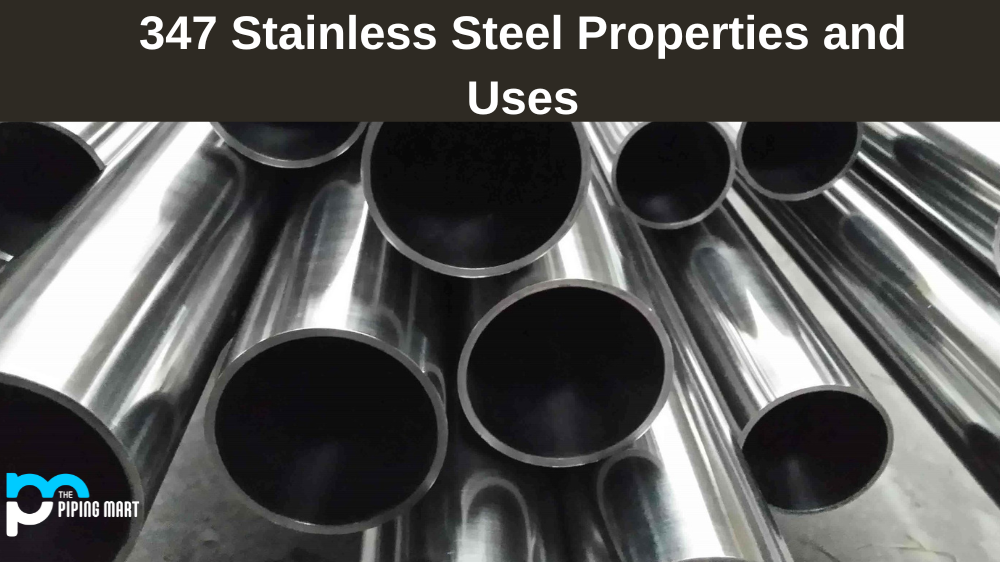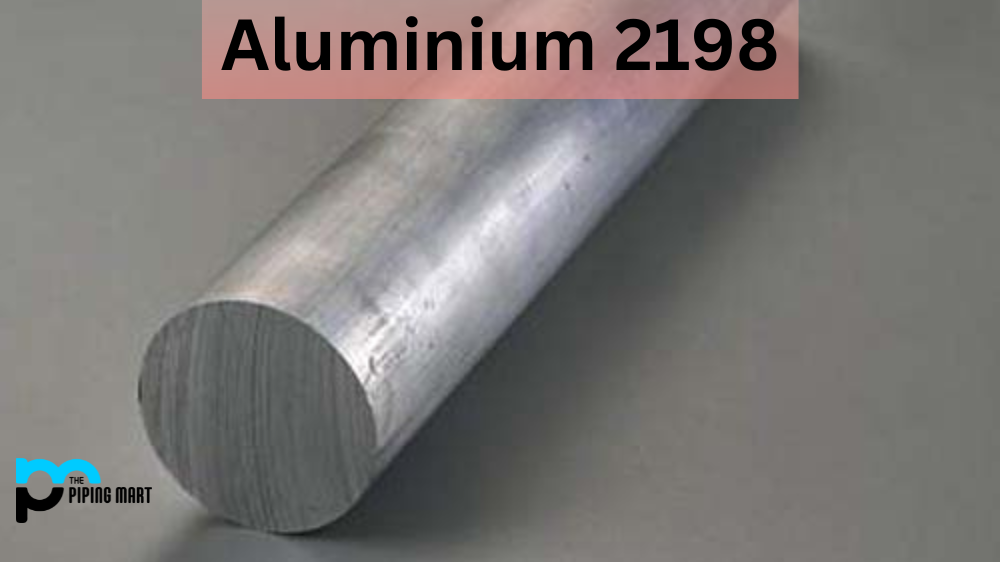In the aerospace industry, metals play a vital role in ensuring the safety and reliability of aircraft structures. Among the materials used in this field, AMS 5745 stands out for its excellent mechanical properties, corrosion resistance, and high-temperature resistance. This alloy is widely used to manufacture engine components, exhaust, and fuel systems. In this article, we will explore the composition, properties, and uses of AMS 5745 in detail, providing a comprehensive understanding of this material.
What is AMS 5745?
AMS 5745 (also known as Stainless Steel AM 350) is a specification for a specific type of nickel-based alloy that is often used in high-temperature applications such as jet engines and turbine blades. This alloy, which is known for its exceptional strength and resistance to oxidation, can withstand temperatures of up to 1,450 degrees Celsius without losing its properties. AMS5745 is a highly specialized material that requires careful manufacturing and processing to ensure that it meets the stringent requirements of this specification. As an expert in materials engineering, I can attest to the importance of using the right materials in high-stress applications. By selecting the proper grade of AMS5745, engineers and manufacturers can ensure that their products will perform reliably and safely in the most extreme conditions.
AMS 5745 Composition
AMS 5745 is a nickel-based alloy part of the Inconel family, a group of high-performance materials designed to withstand extreme conditions. The chemical formula of AMS 5745 comprises nickel, chromium, iron, and molybdenum, as well as small amounts of titanium and aluminium. The high nickel content (around 70%) gives exceptional material resistance to corrosion and oxidation, while chromium (around 15%) enhances its mechanical properties and heat resistance. The addition of small amounts of titanium and aluminium helps to improve the strength of the alloy.
| Element | Content (%) |
|---|---|
| Iron, Fe | 72.69 – 76.29 |
| Chromium, Cr | 16-17 |
| Nickel, Ni | 4 – 5 |
| Molybdenum, Mo | 2.5-3.25 |
| Manganese, Mn | 0.5-1.25 |
| Silicon, Si | 0.5 |
| Nitrogen, N | 0.07-0.13 |
| Carbon, C | 0.07-0.11 |
| Phosphorus, P | 0.04 |
| Sulfur, S | 0.03 |
AMS 5745 Physical properties
The physical properties of AMS 5745 are remarkable, making it an ideal choice for demanding aerospace applications. The density of the alloy is approximately 8.2 g/cm³, and its melting point is around 1,320°C. AMS 5745 has a coefficient of thermal expansion of 13 µm/m°C, meaning it expands at a relatively low rate when exposed to heat. The material’s thermal conductivity is around 11.8 W/m°C, which allows it to dissipate heat effectively.
| Properties | Metric | Imperial |
|---|---|---|
| Density | 7.7-8.03 cm3 | 0.278-0.290 lb/in3 |
AMS 5745 Mechanical properties
AMS 5745 material’s mechanical properties are outstanding, making it a popular choice for high-stress applications. The material’s tensile strength is around 1,380 MPa, and its yield strength is about 930 MPa. These values indicate that the alloy can withstand significant loads without deforming or breaking. The hardness of AMS 5745 varies depending on the heat treatment used, but it typically ranges from 25 to 42 HRC. The material’s ductility is also remarkable, with an elongation at break of around 45%.
| Properties | Metric | Imperial |
|---|---|---|
| Tensile strength | 1105 MPa | 160266 psi |
| Yield strength | 415 MPa | 60190 psi |
| Elastic modulus | 190-210 GPa | 27557-30458 ksi |
| Poisson’s ratio | 0.27-0.30 | 0.27-0.30 |
| Elongation | 30% | 30% |
| Hardness | 95 | 95 |
AMS 5745 Equivalent
- AMS 5546
- AMS 5548
- AMS 5554
- ASTM A579
- ASTM A693
- MIL S-8840
- AMS 5745
- AMS 5774
- AMS 5775
- SAE J467 (AM-350)
AMS 5745 Thermal Properties
| Properties | Metric | Imperial |
|---|---|---|
| Thermal expansion co-efficient (@ 20-100°C/70-212°F) | 11.3 µm/m°C | 6.55 µin/in°F |
| Thermal conductivity (@ 38°C/100°F) | 14.5 W/mK | 100.7 BTU in/hr.ft².°F |
AMS 5745 Uses
AMS 5745’s exceptional properties make it a go-to material for various aerospace components. The alloy is widely used to manufacture engine parts such as turbine blades, combustion liners, seals, and shrouds. AMS 5745 is also used in the exhaust, fuel, and other high-temperature applications. In addition, the material is suitable for use in chemical processing and nuclear reactors due to its resistance to corrosion and radiation.
AMS 5745 Hardness
AMS 5745 sheet is a high-strength alloy that has become increasingly popular due to its superior properties. One of the standout properties of this alloy is its exceptional hardness. The hardness of AMS 5745 is due to the combination of various alloying elements that make it ideal for use in high-stress applications where strength and durability are paramount. Although it’s not the only factor in determining an alloy’s strength, the hardness of AMS 5745 plays a vital role in its performance. Whether you’re in construction or aerospace, knowing the hardness of AMS 5745 can help you make informed decisions when selecting suitable materials for your next project.
AMS 5745 Heat treatment
AMS 5745’s heat treatment is crucial to the material’s mechanical properties. Different heat treatments are used to achieve the desired properties depending on the specific application. For instance, the annealing process softens the metal, making it more pliable and easier to form. On the other hand, the ageing process increases the hardness and strength of the alloy. AMS 5745 plate can also undergo hardening by quenching, which involves cooling the material rapidly after heating it to a high temperature.
Conclusion:
AMS 5745 material is a nickel-based alloy widely used in the aerospace industry due to its outstanding mechanical properties, corrosion resistance, and high-temperature resistance. The alloy’s composition comprises nickel, chromium, iron, molybdenum, and small amounts of titanium and aluminium. AMS 5745 can withstand significant loads without deforming or breaking, with a tensile strength of around 1,380 MPa and a yield of about 930 MPa. The hardness of AMS 5745 varies depending on the heat treatment used, but it typically ranges from 25 to 42 HRC. The material has several applications in the aerospace industry, including engine components, exhaust systems, and fuel systems. Understanding the properties and uses of AMS 5745 is crucial for selecting the most appropriate material for a specific application.

A passionate metal industry expert and blogger. With over 5 years of experience in the field, Palak brings a wealth of knowledge and insight to her writing. Whether discussing the latest trends in the metal industry or sharing tips, she is dedicated to helping others succeed in the metal industry.




